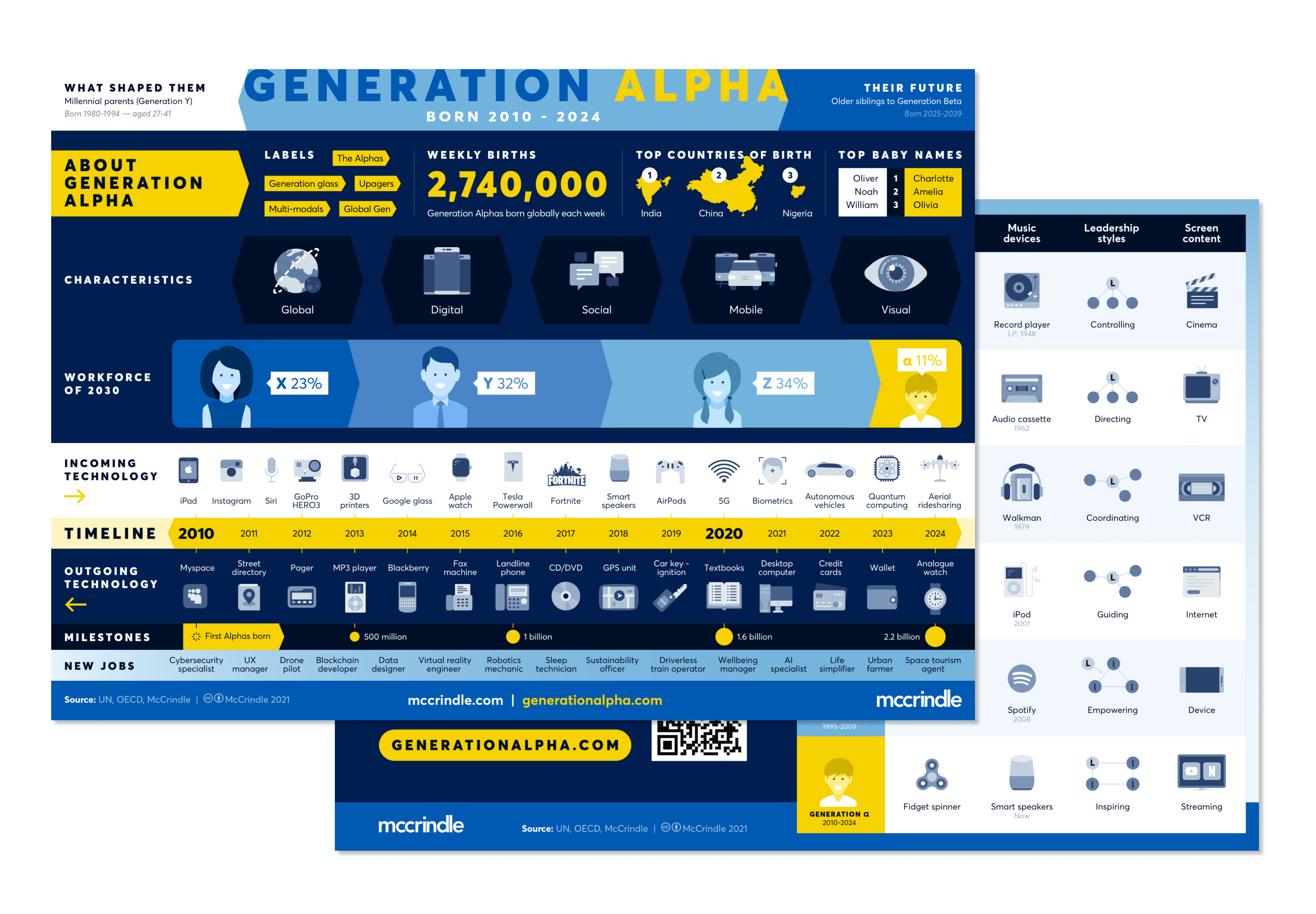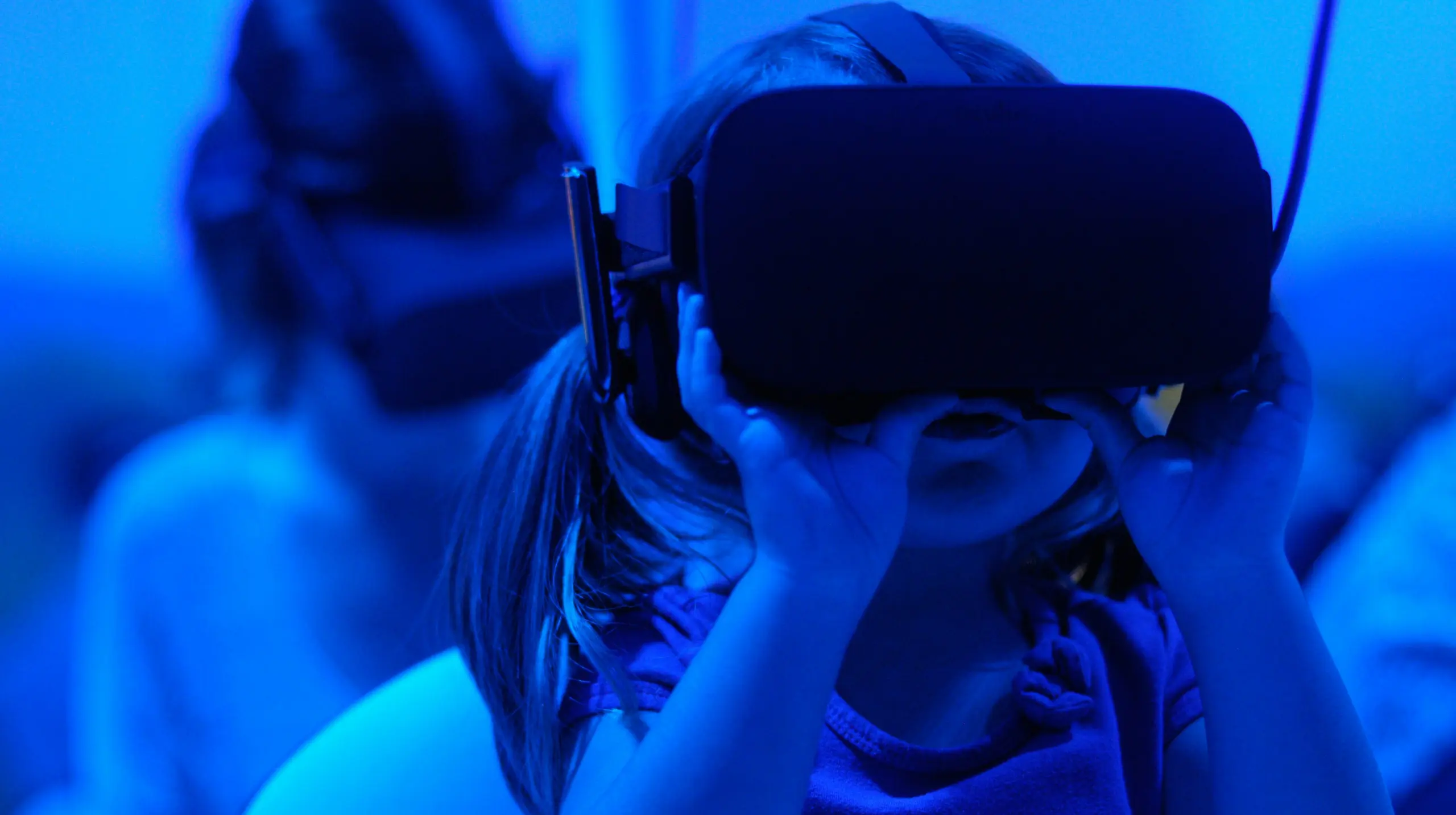How COVID-19 has changed work for the emerging generations

The impact of COVID-19 is having a big impact on where, when and how work is done. It has thrust many organisations who might have had reservations about working from home into adopting this style of working. The impacts of this are shaping the expectations of the emerging generations in particular, who have either seen, heard or experienced this working from home phenomenon during the pandemic.
The new normal of working from home
According to our national research during COVID-19, more than three in four Australians agree that working from home will become the new normal (78%) and would stay longer with their employer if they were offered more remote working or flexible working options (76%). Seven in ten Gen Z believe working from home will become the new normal (70%) compared to eight in ten Gen Y (80%).
Working from home is not without challenges though, with 74% Gen Z and 66% Gen Y agreeing that working from home would be challenging with other people at home. Gen Y also agree that the blurring of work and home has been the biggest challenge while working from home (44%), only after the challenge of social isolation (50%).
How Gen Z and Gen Y differ in attitude to working from home
There is an interesting difference between Generation Z and Generation Y when it comes to working from home. Generation Z are the most likely to say that they are less productive when working from home (33%), while Generation Y are the most excited to be working from home. Gen Z are also more likely to say that they have experienced working from home and do not want it to continue (37%), while Gen Y are more likely to say they are experiencing working from home and they do want it to continue (40%).
These differences can be attributed to the different life stages these generations are in. Generation Z, those aged 11-25 are only just beginning their careers, and even when they are working they are looking for multiple needs met at work – especially social interaction and workplace culture which are lost when people work remotely. While Gen Z are the least likely to think working from home/remote working will become the new normal, Gen Y and Gen X are the most likely to stay longer if this were offered to them. For Generation Y, work/life balance and flexibility have always been key workplace expectations, and even more so today as they are in the key family forming life stage and juggling multiple and competing priorities.
Remote working has many benefits, but it can also pose challenges for productivity, social connection and opportunities for collaboration. In another study we conducted into teleworking we found that 68% of workers agree that the culture and output is best when everyone is working in one place with a degree of flexibility for remote working.1
Changing expectations around the future of work
Flexible working conditions have been developing for some time. Over the past year, employee comments featuring flexible working-related terms have increased by 18%, with terms such as ‘WFH’ and ‘flexible work hours’ rising in prevalence. While there was growth across all generations, discussion on flexible working gained the most traction in the younger employee cohorts. Gen Z employees discussed this topic the most, with a 36% increase in comments on this topic. Millennials weren’t far behind them with a 34% increase — with growth in this trend two to three times greater than other generations.2
Even before COVID-19, the emerging generations were looking to work with more flexibility. Gen Z are the future employees who find importance in work/ life integration, team focus, empowerment, support, flexibility, involvement, creativity, innovation and a global working atmosphere. They are also characterised by multiple jobs, lifelong learning, multiple careers and entrepreneurship.
As a result of COVID-19 it is likely we will see a shift in the expectations of the emerging generations around working from home practises. According to our research, 86% of adults believe children of today will expect more flexible working conditions as a result of COVID-19. More than a ‘want’, working conditions that enable greater work/life balance will increasingly be an ‘expectation’ for the emerging generations who saw this working style widely adopted during COVID-19.
Despite the increase in expectation, we must remember that the future is likely to be a hybrid of working from home and more traditional workplaces. It will be characterised by digital and global connectivity, increasing mobility as well as visual engagement and social connection (even while social distancing). Balancing an engaging workplace culture where employees can work, belong and feel a sense of community with flexible working practises will be key to engaging the emerging generations in the future of work.
For media commentary contact us on 02 8824 3422 or at [email protected]
1.McCrindle Teleworking Study, 2013
2.Heartbeat by Peakon, The Employee Expectations Report 2020








